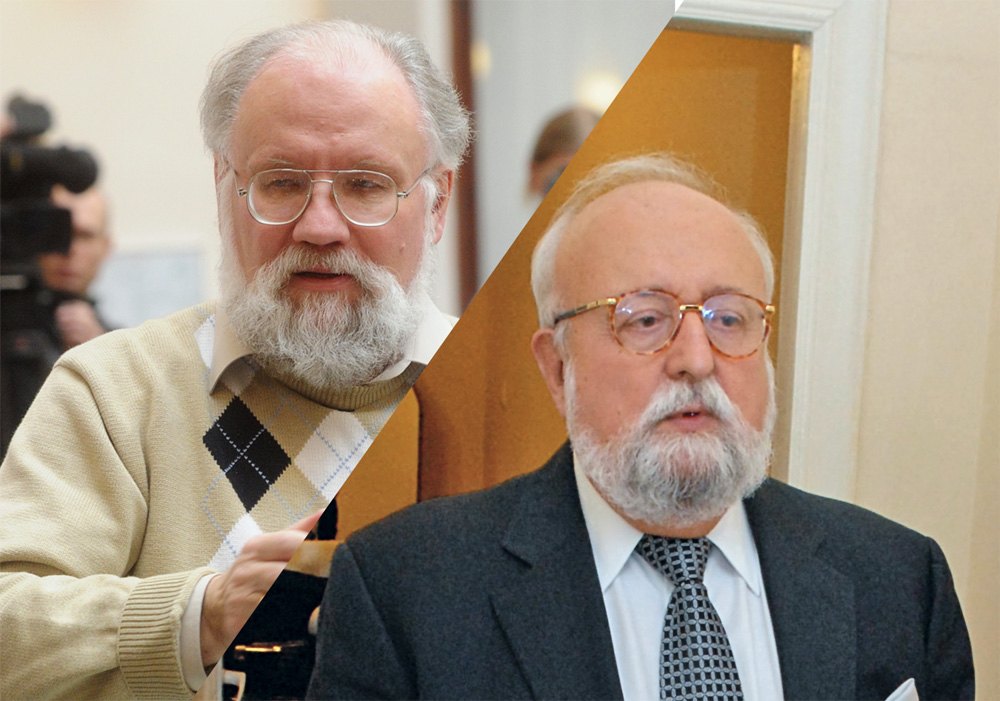+1What makes you think that?
Would Putin really allow that to happen? If he could not stop it, what do you think he would do?
I mean, he would officially be president, representing that party, right?
Is this a common opinion?
How did they fail?
5 years.France had 7 years for 1 presidental term, no?
It doesn't. He can take another post, prime-ministre for example.That depends on whether he would want to stay for the second (fourth ) term.



 1Likes
1Likes LinkBack URL
LinkBack URL About LinkBacks
About LinkBacks





 Reply With Quote
Reply With Quote





